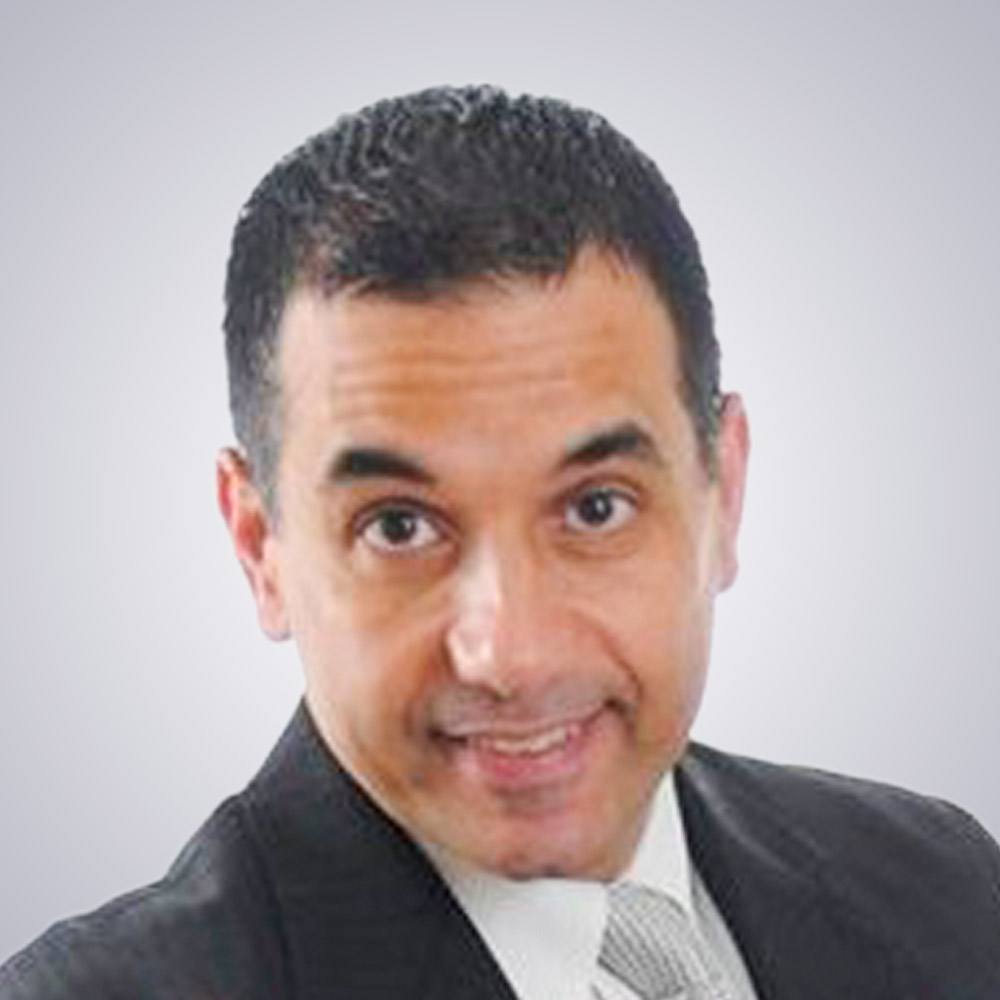The 10 Democratic candidates who participated in Wednesday night’s debate in Miami, Florida, all lacked an ability to build and sustain a connection with their audience — a skill that, unlike them, President Donald Trump possesses in spades.
Throughout the first term of his presidency, and even before he was elected, Trump has created an irrevocable bond with supporters by speaking directly from his heart to their hearts — not only through his words, but with his style, presence and strategy on stage. Even at rallies of tens of thousands of people, Trump makes audience members feel he’s speaking directly to them as he shares his Make America Great Again policies and plans.
Even if the candidates on Wednesday night said the “right words” — and that’s a topic for other discussions — it was clear to me as a motivational keynote speaker and strategic business coach that these candidates all lacked that ability. Their body language, voice tone, and attitude didn’t follow.
Here are the main reasons I say this:
Sen. Elizabeth Warren (D-Mass.): She received more opportunities than most to answer questions and state her case, but she became more and more negative in her responses as the evening continued. Her tone and body language — especially her repeated shaking of her head — just made her look angry.
Beto O’Rourke, former Texas congressman: He spoke with a depressive undertone that exuded negativity and lack of hope. An audience will quickly turn away from a speaker if the overall message lacks optimism — and my sense is O’Rourke did not help himself last night.
Sen. Cory Booker (D-N.J.) and Mayor Bill de Blasio of New York City: While voice fluctuation is important, screaming doesn’t help get one’s point across to an audience. As the debate progressed, both politicians amped up their volume level. Yelling consistently did not make their answers more impactful. It actually did the opposite: The louder volume created a lack of connection as the audience was unable to feel the speakers’ real emotion.
Sen. Amy Klobuchar (D-Minn.): Her lack of confidence on stage was noticeable. Her talking points seemed hollow and scripted, and she smiled nervously when talking about serious issues. Americans will not believe in those who do not believe in themselves.
Julián Castro, former HUD secretary under Obama and former mayor of San Antonio, Texas: He had more speaking time than most people probably expected, and his sparring match with Beto O’Rourke over immigration issues and policy turned heads. However, while sharing personal stories or anecdotes during an event like this can be a powerful way to connect with an audience, a person’s delivery must be genuine — not just a debate time filler. Castro failed to connect with emotion to make his answers even more relatable to the audience.
Let’s face it.
The fact that Trump is a master communicator will be a huge problem for Democratic presidential 2020 hopefuls.
Related: Trump Communicated a Powerful Message That Will Be Remembered for Years
The only way to beat Trump is at the polls, but this will never happen if the Democrat nominee, whoever he or she may be, doesn’t effectively communicate and connect.
By the way, the sound issues that arose during the second half of the debate didn’t help anyone — not the candidates on the stage, not the moderators, and certainly not the technicians in NBC’s control booth. Even Trump took to Twitter last night to rip into the feedback problems that quickly became obvious — and as usual, Trump cut right to the chase: “.@NBCNews and @MSNBC should be ashamed of themselves for having such a horrible technical breakdown in the middle of the debate,” he tweeted. “Truly unprofessional and only worthy of a FAKE NEWS Organization, which they are!”
Stay tuned for the second Democratic debate on Thursday night.
John Di Lemme is president and CEO of DDG, Inc. (www.GiantGoals.com), a strategic business consulting firm based in West Palm Beach, Florida. As a global turnaround specialist, he has generated over $100 million for his corporate and entrepreneurial clients.

Join the Discussion
COMMENTS POLICY: We have no tolerance for messages of violence, racism, vulgarity, obscenity or other such discourteous behavior. Thank you for contributing to a respectful and useful online dialogue.